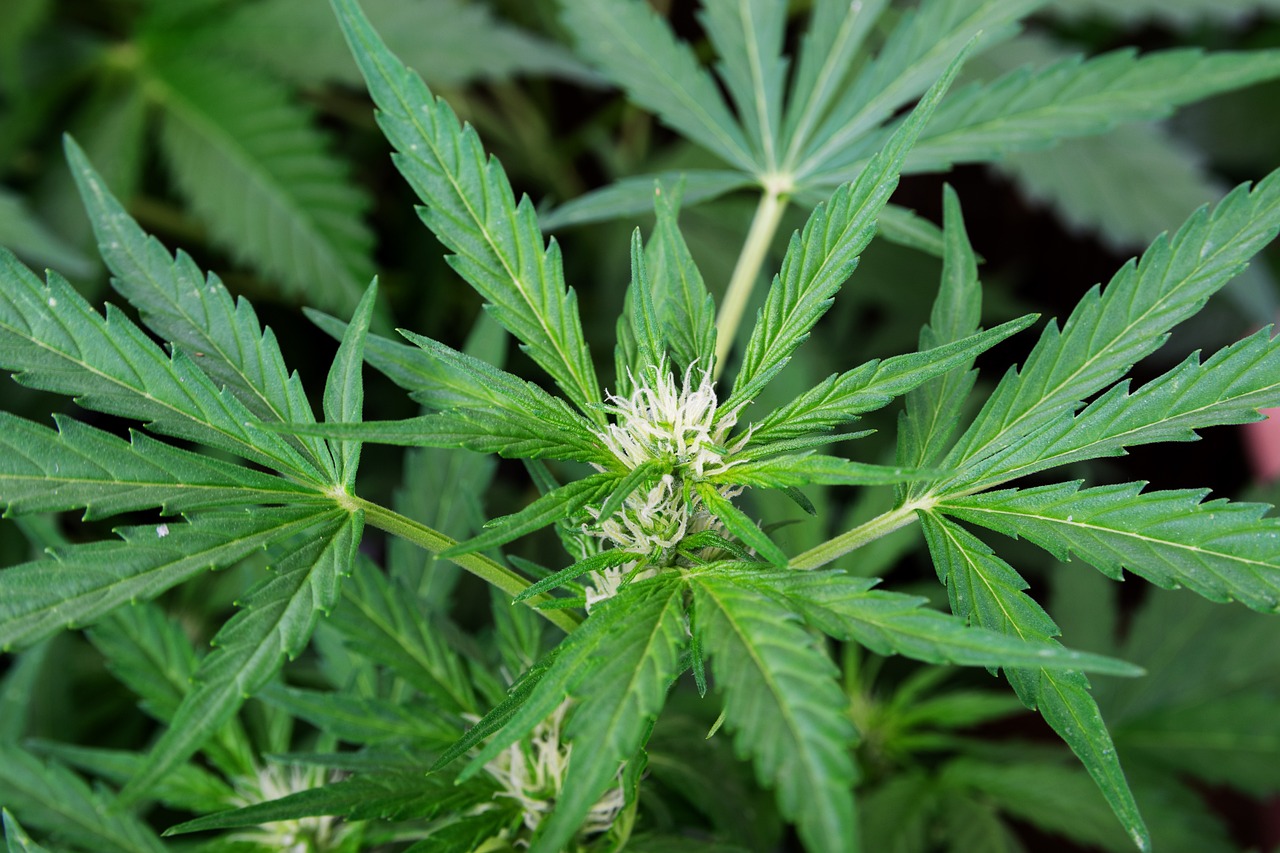The world of cannabis is vast and varied, with numerous compounds contributing to its effects and benefits. Among these, THCA (tetrahydrocannabinolic acid) has garnered attention for its unique properties. Unlike its more famous counterpart, THC, THCA is non-psychoactive in its raw form. This article explores the potential of THCa flower for creativity and focus, its benefits, and its role in the cannabis industry.
Understanding THCA
THCA is a cannabinoid found in raw and live cannabis plants. It is the precursor to THC, the compound responsible for the psychoactive effects of cannabis. When cannabis is heated through smoking, vaping, or cooking, THCA undergoes decarboxylation, converting into THC. This transformation is what gives cannabis its characteristic high.
In its raw form, THCA does not produce any psychoactive effects. This makes it an attractive option for those seeking the therapeutic benefits of cannabis without the high. Research into THCA is still in its early stages, but preliminary findings suggest a range of potential health benefits.
Potential Health Benefits of THCA
- Anti-inflammatory Properties: Studies indicate that THCA may have anti-inflammatory effects, which could be beneficial for conditions like arthritis and other inflammatory diseases.
- Neuroprotective Effects: Research suggests that THCA might offer neuroprotective benefits, potentially aiding in the treatment of neurodegenerative diseases such as Alzheimer’s and Parkinson’s.
- Anti-emetic Properties: THCA has shown promise in reducing nausea and vomiting, making it a potential option for patients undergoing chemotherapy.
- Appetite Stimulation: Like THC, THCA may help stimulate appetite, which can be beneficial for individuals with conditions that cause appetite loss.
THCA vs. THC: Key Differences
While both THCA and THC originate from the same plant, their effects and uses differ significantly. THCA is non-psychoactive, making it suitable for those who wish to avoid the high associated with THC. This distinction is crucial for medical users who need relief without impairment.
THCA is often consumed in its raw form, typically through juicing or as a dietary supplement. This method preserves the compound’s integrity, allowing users to benefit from its properties without altering its chemical structure.
Consumption Methods for THCA
- Juicing: Fresh cannabis leaves and flowers can be juiced to extract THCA. This method is popular among health enthusiasts who incorporate it into smoothies or juices.
- Tinctures: THCA tinctures are available for those who prefer a more concentrated form. These can be added to food or beverages for easy consumption.
- Capsules: For precise dosing, THCA capsules offer a convenient option. They provide a consistent amount of THCA without the need for preparation.
The Legal Landscape of THCA
The legal status of THCA varies by region. In many places, THCA is not classified as a controlled substance, given its non-psychoactive nature. However, the legality can change once THCA is converted to THC through decarboxylation. Consumers should be aware of local laws and regulations when purchasing or consuming THCA products.
Case Studies and Research
Several studies have explored the potential benefits of THCA. For instance, a study published in the British Journal of Pharmacology highlighted THCA’s anti-inflammatory properties. Another research project conducted by the University of Guelph examined its neuroprotective effects, suggesting potential applications in treating neurodegenerative diseases.
These studies underscore the need for further research to fully understand THCA’s capabilities and applications. As interest in cannabis continues to grow, so does the demand for comprehensive studies on its various compounds.
The Future of THCA in the Cannabis Industry
As the cannabis industry evolves, THCA is poised to play a significant role. Its non-psychoactive nature makes it appealing to a broader audience, including those who may have been hesitant to try cannabis due to its intoxicating effects. The growing interest in holistic and alternative medicine further supports the potential rise of THCA as a sought-after compound.
Innovations in cultivation and extraction techniques are likely to enhance the availability and quality of THCA products. As more consumers become aware of its benefits, the demand for THCA-rich strains and products is expected to increase.
Conclusion
THCA flower represents a promising frontier in the cannabis industry. With its array of potential health benefits and non-psychoactive nature, it offers an alternative for those seeking the therapeutic effects of cannabis without the high. As research progresses and awareness grows, THCA could become a staple in both medical and wellness communities. The future of THCA is bright, with opportunities for further exploration and innovation in the cannabis sector.
